Bacterial vaginosis
Bacterial vaginosis is an infectious disease that is accompanied by discharge with an unpleasant odor, burning and itching, which interferes with the usual way of life. According to statistics, it is diagnosed in 25% of women worldwide. If vaginosis is not treated, the risk of developing salpingitis, endometritis, cervicitis increases.

specialists

equipment

treatment
Symptoms and Causes of Bacterial Vaginosis
Symptoms
Among the clinical signs of vaginosis:
- Discharge with a fishy odor, which intensifies after intercourse or during menstruation
- Change in consistency and color. Discharge becomes liquid, gray-white or yellowish
- Discomfort. Itching, burning in the vagina and on the external genitalia, sometimes accompanied by irritation
- Redness of the mucous membranes. The skin becomes more sensitive
Not all women experience pronounced symptoms of the disease. In some cases, vaginosis is asymptomatic.
Causes
The main reason is a violation of the microflora balance, which reduces the number of lactobacilli. Factors that provoke vaginosis include:
- Change in pH levels. Aggressive intimate hygiene products, frequent douching, improper care of the intimate area disrupt the acidity of the vagina
- Hormonal changes. Pregnancy, menopause, taking hormonal drugs affect the composition of the microflora
- Antibiotics. They reduce the level of beneficial bacteria, creating favorable conditions for the proliferation of pathogenic flora
- Synthetic underwear. Materials that do not allow air to pass through and accumulate bacteria
- Weak immunity. Chronic diseases, stress, past infections reduce the body's defenses
- Foreign bodies. Forgotten tampons or intrauterine devices disrupt the microflora
At the first signs of bacterial vaginosis, it is important to see a doctor and undergo an examination. Only a qualified and experienced specialist can make an accurate diagnosis and select an effective treatment regimen.
Answers to popular questions
Doctors at the K+31 clinic in Moscow answered popular questions about bacterial vaginosis:
Can bacterial vaginosis go away on its own?
Does a sexual partner need treatment?
Can bacterial vaginosis return after treatment?
Is the risk of bacterial vaginosis related to age?
How quickly do symptoms go away after starting treatment?
Is there a link between bacterial vaginosis and urinary tract infections?

This award is given to clinics with the highest ratings according to user ratings, a large number of requests from this site, and in the absence of critical violations.

This award is given to clinics with the highest ratings according to user ratings. It means that the place is known, loved, and definitely worth visiting.

The ProDoctors portal collected 500 thousand reviews, compiled a rating of doctors based on them and awarded the best. We are proud that our doctors are among those awarded.
Make an appointment at a convenient time on the nearest date
Price
Other services






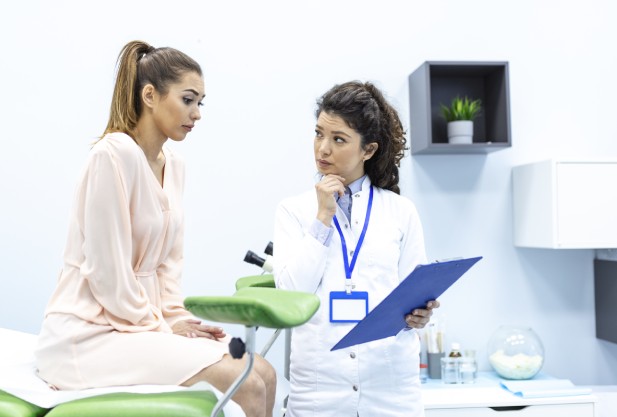

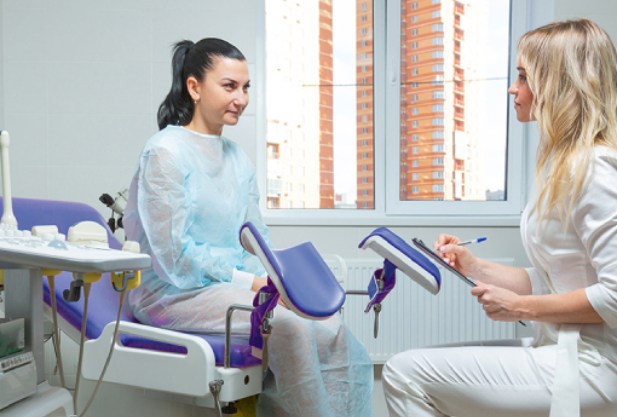
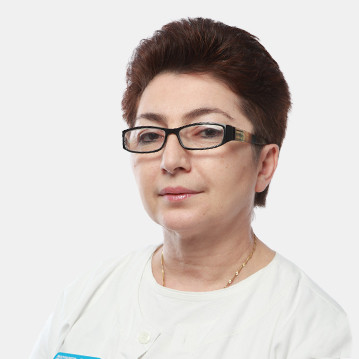




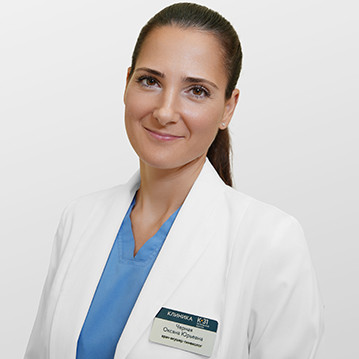



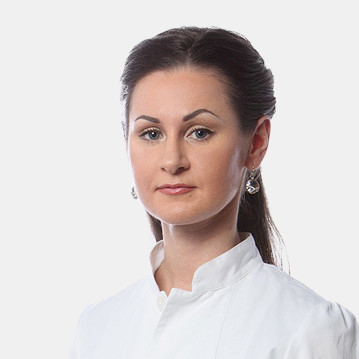





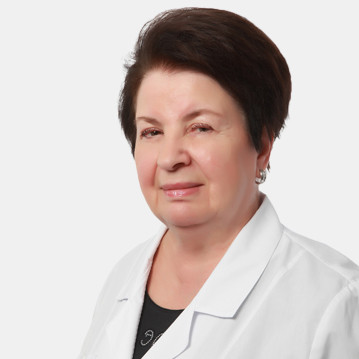
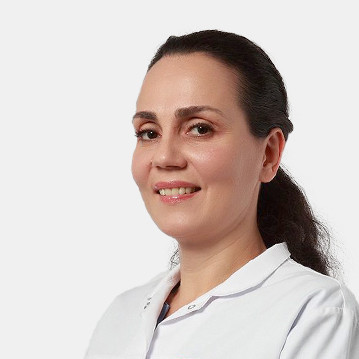




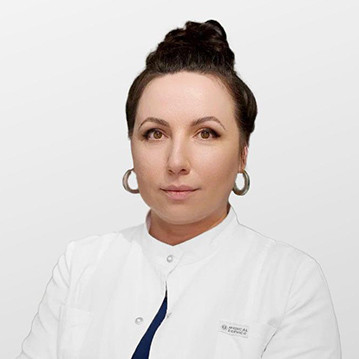








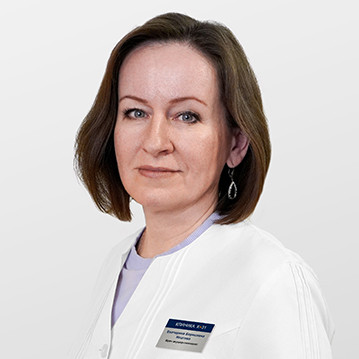







What is bacterial vaginosis?
Bacterial vaginosis is a pathological condition characterized by a violation of the natural microflora of the vagina. Normally, it is dominated by lactobacilli, which create an acidic environment and protect against infections. When their number decreases, opportunistic microorganisms Gardnerella vaginalis begin to multiply.
Important! Bacterial vaginosis is not a sexually transmitted disease, but it increases the risk of contracting chlamydia and gonorrhea.
Diagnosis of vaginosis is performed by a gynecologist. Many women ask themselves: why is vaginosis treatment important? Without treatment, bacterial vaginosis during pregnancy increases the likelihood of premature birth. Women planning to install an IUD or have an abortion have an increased risk of infections.